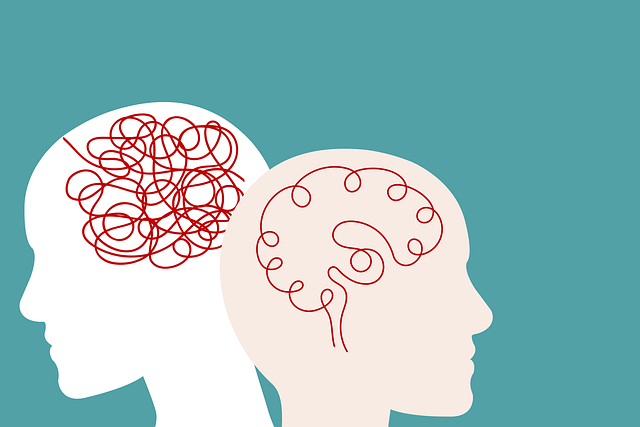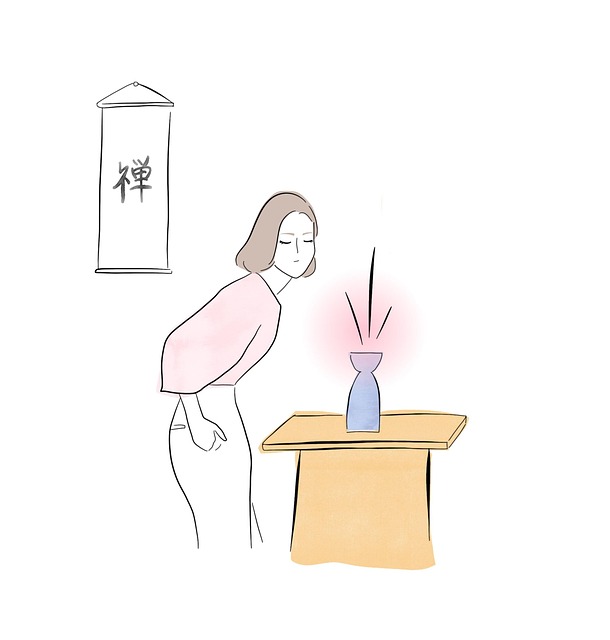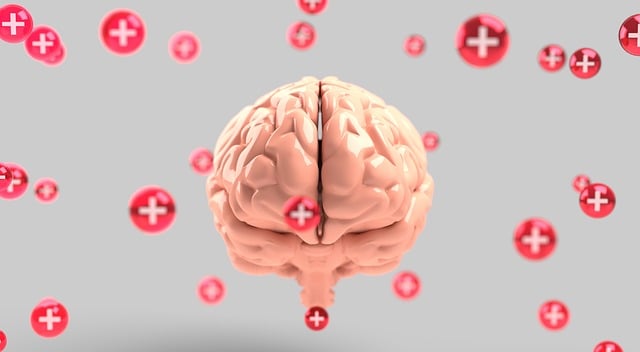Mindfulness meditation is a key tool within Lone Tree Pain Management Therapy, promoting mental wellness by cultivating present-moment awareness and reducing stress/anxiety. Practicing in a tranquil space with focused breathing and body scans improves emotional regulation and decision-making. This holistic approach, enhanced by journaling and tailored solutions, offers lasting pain relief through mindfulness integrated into daily life, complementing traditional therapy methods.
Discover the transformative power of mindfulness meditation with Lone Tree Pain Management Therapy. This guide offers a comprehensive journey towards pain relief and mental clarity. We explore essential aspects, from understanding the fundamentals of mindfulness to practical techniques for daily integration. By setting the right environment and mastering meditation exercises, you’ll unlock strategies for long-lasting pain management. Embrace a holistic approach to well-being and learn how mindfulness can be your guide to a calmer, more comfortable life.
- Understanding Mindfulness Meditation: A Foundation for Pain Management
- Setting the Stage: Preparing Your Space and Mind for Practice
- Techniques and Exercises: Cultivating Awareness Through Meditation
- Integrating Mindfulness into Daily Life: Long-Lasting Pain Relief Strategies
Understanding Mindfulness Meditation: A Foundation for Pain Management

Mindfulness meditation is a powerful tool for navigating life’s challenges and fostering mental wellness. At its core, it involves focusing on the present moment with openness and non-judgmental awareness. This practice has gained significant traction in the realm of Lone Tree Pain Management Therapy, where it serves as a foundational component to help individuals cope with chronic pain. By cultivating mindfulness, one can develop a deeper understanding of their thoughts, emotions, and bodily sensations without getting caught up in them, thereby reducing the impact of stress and anxiety.
The practice often begins with simple breath awareness, using the inhalation and exhalation as an anchor for concentration. This anchors individuals in the present, helping to quiet the mind’s constant chatter. Over time, this heightened sense of awareness can translate into better decision-making, improved emotional regulation, and enhanced overall well-being—benefits that extend far beyond Lone Tree Pain Management Therapy, resonating with those seeking Anxiety Relief through compassionate cultivation practices as explored in our Mental Wellness Podcast Series Production.
Setting the Stage: Preparing Your Space and Mind for Practice

Setting the stage for your mindfulness meditation practice is akin to preparing a peaceful sanctuary where your mind can find solace and rejuvenate. Find a quiet space, free from distractions, where you won’t be interrupted for an extended period. This dedicated area doesn’t need to be elaborate; a simple corner of your home with a comfortable cushion or chair will suffice. Transform this space into a haven by incorporating elements that foster tranquility, such as soft lighting, soothing scents, or nature-inspired decor.
Just as important as the physical environment is preparing your mind for the practice. Cultivate a sense of intention and curiosity, approaching meditation without judgment. Reflect on why you’re engaging in this ritual—whether it’s to alleviate anxiety relief, build resilience, or enhance mental wellness. This mindset sets the foundation for a deeper connection with your inner self during the practice. Consider starting a mental wellness journal to document your experiences and track your progress over time.
Techniques and Exercises: Cultivating Awareness Through Meditation

Cultivating awareness is a cornerstone of mindfulness meditation practice. Through various techniques and exercises, individuals can learn to observe their thoughts and emotions without judgment, fostering a deeper connection with the present moment. One effective approach is focused breathing, where the meditator consciously pays attention to each inhalation and exhalation, allowing the mind to settle and gain clarity. Another powerful tool is body scan meditation, encouraging practitioners to sequentially bring awareness to different parts of their bodies, helping them recognize tension or discomfort and promoting relaxation.
Beyond these practices, mindfulness involves engaging with sensory experiences—such as noticing the sounds, smells, and textures around you—and cultivating a non-reactive stance towards them. This process strengthens resilience building, enabling individuals to better manage stress and emotional challenges. In the context of Lone Tree Pain Management Therapy, mindfulness meditation can play a significant role in pain reduction and overall mental health by enhancing self-awareness and promoting healthy coping mechanisms. Additionally, mental health professionals can integrate risk management planning into their practices, fostering a sense of safety and stability for clients, while also considering community outreach program implementation to broaden access to these transformative techniques.
Integrating Mindfulness into Daily Life: Long-Lasting Pain Relief Strategies

Integrating mindfulness into daily life offers a powerful long-lasting pain relief strategy, transforming how we perceive and manage chronic conditions. This ancient practice encourages individuals to cultivate present-moment awareness, breaking free from the cycle of incessant thoughts that often accompany pain. By focusing on the breath and observing sensations without judgment, one can develop a deeper connection with their body, fostering inner strength development and enhanced self-care practices.
Cultural sensitivity in mental healthcare plays a crucial role here. Recognizing that mindfulness must be adapted to individual needs and cultural backgrounds ensures its effectiveness across diverse communities. Incorporating mindfulness into daily routines, such as mindful walking or eating, can provide consistent coping mechanisms. These simple yet profound acts of self-care contribute to overall well-being, offering alternative pain management strategies alongside traditional Lone Tree Pain Management Therapy approaches.
Mindfulness meditation, as a complementary approach to pain management, offers a path to holistic well-being. By understanding its core principles, preparing a peaceful practice space, and integrating techniques into daily life, individuals can harness the power of mindfulness for lasting relief from chronic pain. Lone Tree Pain Management Therapy encourages embracing this ancient practice as a modern tool to cultivate awareness, reduce suffering, and embrace a more balanced state of being.














